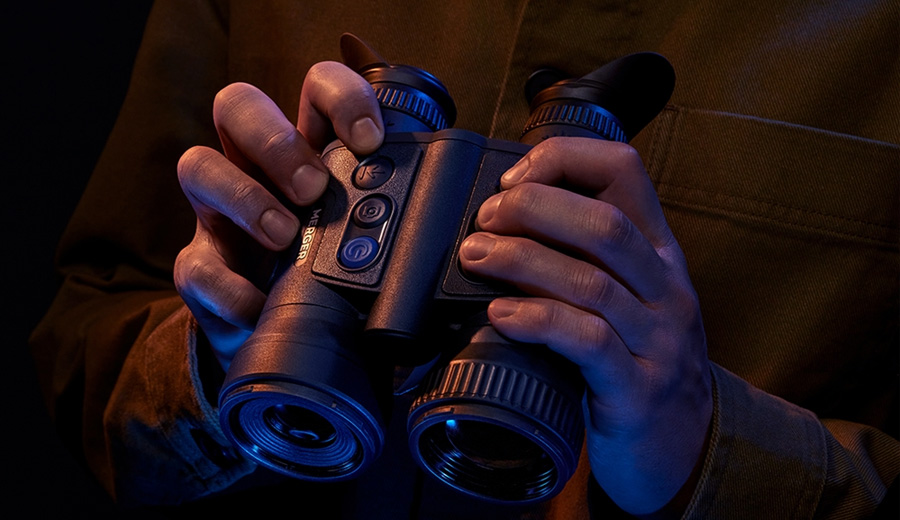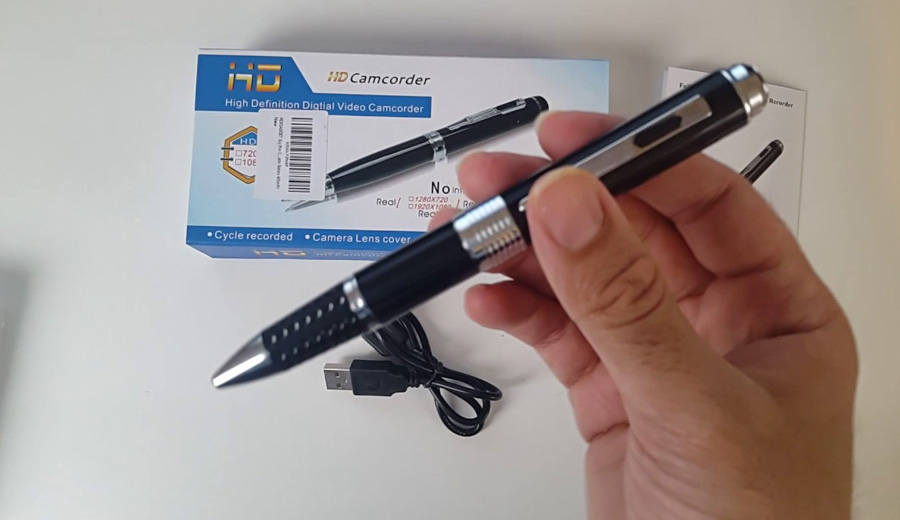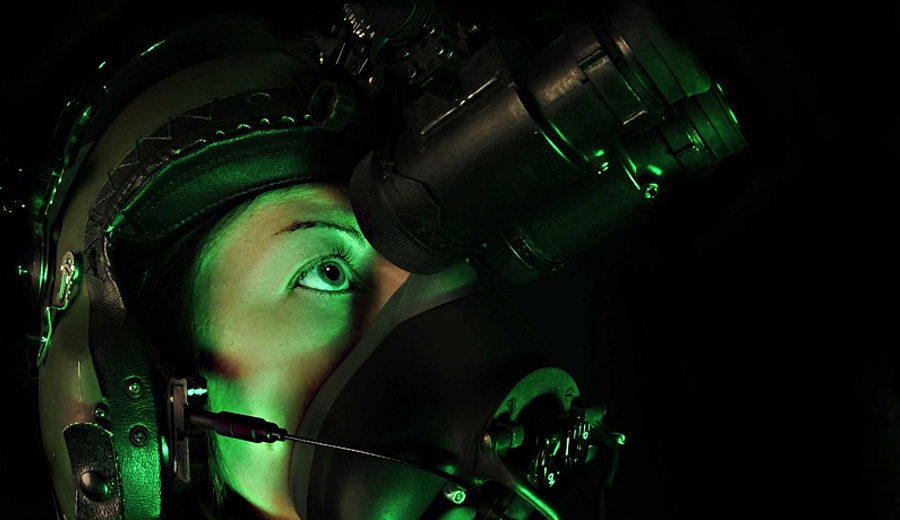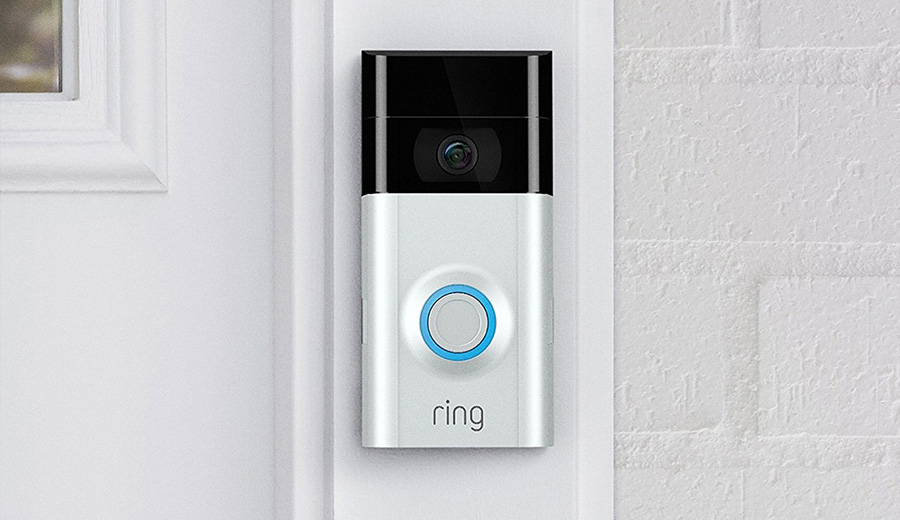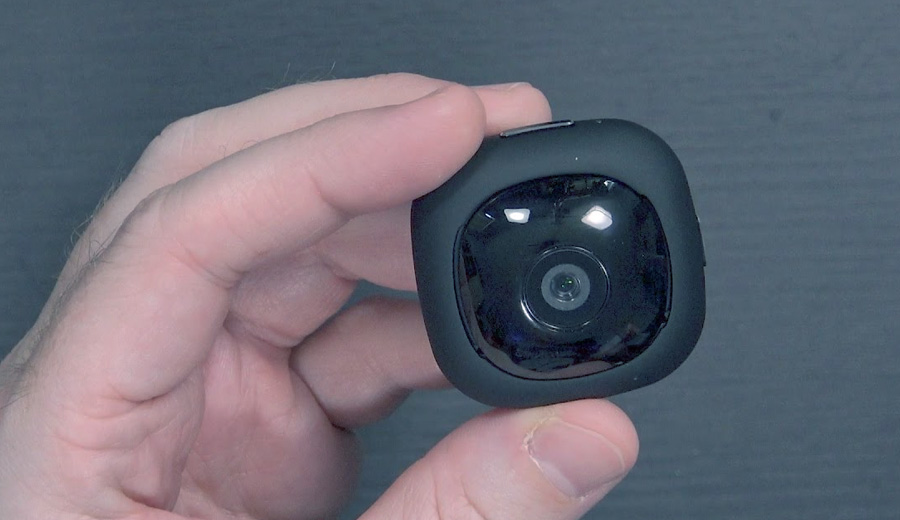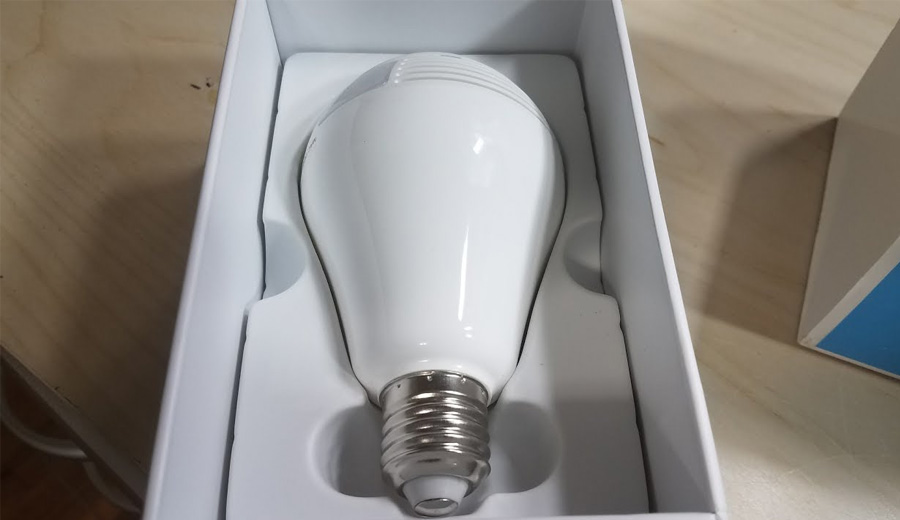In today’s busy world, employers are using different ways to watch their employees in the work environment The need for productivity, security, and efficiency has led to the implementation of monitoring strategies.
In this article we will look at the usual ways employers keep an eye on their workers, talk about rules for recording people without permission, consider good and bad parts of watching employees, and give tips on how to know if you are being watched at work.
How Bosses Typically Watch Over Their Workers?
Being Present at the Workplace
Employers often watch their workers by being physically there. When they are in the workplace, bosses can see what their workers are doing and how they act. This way they can make people feel responsible, although it may not be practical for larger organizations or for jobs that involve remote work.
Monitoring Software
In the time of computer revolution, so to speak, bosses sometimes use monitoring programs to check on their workers. These programs can record computer actions, block visiting certain sites and note the time spent on various tasks. Monitoring software can boost work output, but it also may breach employee privacy and trust.
Employee Surveillance with Cameras
Some bosses put spy cameras in the office to see what their workers are doing. This way it is often done in stores, factories and other jobs where making sure employee efficiency and theft prevention is crucial. But the use of cameras can make workers feel uneasy and might be seen as a destruction of their privacy.
Can You Record Employees Without Their Permission? Legal?
The rules about video recording employees without them knowing, can be different in every jurisdiction. In some places, bosses need to tell workers about monitoring them and get their agreement to do so, in other words, consent. Failure to do so, could lead to legal problems. Business owners must know the rules in their area and follow them. This helps both the company and its workers.
Benefits and Downsides of Watching Workers
Different people have different opinions on whether it’s good to keep an eye on your employees. Some believe that closely watching over your workers will make them work harder, help them stay focused, and lead to greater productivity in the workplace.
This is important because it can lead to improved performance by helping managers identify any issues their employees might have.
Pros:
- Increased Productivity: Surveilling workers can help get more done because it gives clues about how the time is used and finds areas that need fixing.
- Security: Monitoring helps in identifying and preventing security breaches, protecting sensitive company information.
- Compliance: It makes sure employees follow company rules and industry laws, lowering the chance of legal problems.
Cons:
- Invasion of Privacy: Monitoring workers too much can make them feel like it’s becoming a privacy issue, causing less trust between bosses and employees.
- Employee Stress: Constant watching may cause worry and uneasiness in workers, this could impact their overall health.
- Potential for Misuse: Monitoring data could be misused if not handled responsibly, leading to ethical concerns and even more problems down the road.
How to Find Out if Your Work Computer Is Being Watched?
Unusual Computer Behavior: If someone is watching your computer, you might see unexpected slower times, stopping or strange little messages showing up.
Unexplained Changes: Any changes made to the system settings, desktop background or software installations without permission could mean someone is watching you.
Network Traffic: Monitoring often involves data transmission. A lot of network usage, even when you are not using the internet, could mean someone might be watching.
IT Policies: Review your company’s IT policies. Employers normally explain their surveillance activities in these rules.
Conclusion
In this day and age, companies and managers feel like they must watch every single step of their employees, otherwise business will fail. Due to high-competition in the business world, it seems like every step counts and employee surveillance is certainly no exception.
However, from an employee point of view, no one wants to be monitored like a lab-rat 9 to 5 every working day. It’s hard enough just to do the mundane tasks that you’re required to. On top of that, you have to feel uneasy about taking few minutes longer lunch break or going to bathroom. This definitely creates more intense environment that in the long run, may not seem healthy to the corporate culture.
All in all, there are both sides of the argument. As with everything in life, finding the right balance between efficiency while monitoring employees and respecting people’s privacy, is the correct path to move forward, no matter how hard it may be to actually achieve that balance.


